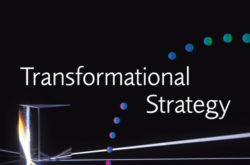Understanding the Background of an Offensive Comment
Most of us endure offensive comments from friends or families, and they can happen during holiday events when many people are together. Sometimes instead of ignoring or fleeing the comments, we can take the time to understand where the person is coming from. These questions might catalyze understanding on the part of the people who are hearing the comment, and also in the best case scenario, might set a foundation for the person making them to rethink their behaviour.
This is often best used one-on-one so the person is not embarrassed. And you will need to be very strong to keep the assumption that there is some hidden wisdom or knowledge that brought the person to these comments, and to maintain your curiosity to listen and learn from this person. Sometimes being deeply heard is all it takes for someone to change the way they are responding.
Context:
Here are the words I heard you say. I would like to know what brought you to make this comment.
Objective level:
Where have you observed something – a behaviour or an event – that triggered your reaction? (Encourage the naming of something tangible with probing questions about examples if necessary – i.e. if they say “women are asking for it”, probe for an example like “I saw a young woman dressed very provocatively flirting with my friends”.)
Reflective level:
What was your immediate reaction to this event – both positive or negative?
What about this event triggered your reaction – perhaps a memory or an association?
Interpretive level: (use one or more of these questions, depending on where the conversation is going)
What is the significance of this for you?
What meaning does this have?
Why does this lead to the comment you made?
What effect might this comment have on other people?
Decisional level:
This is a summary of what I hear you saying behind the words you used.
What might you say at another time?
Closing:
Thank you. I’m glad to hear what is behind your comment.





